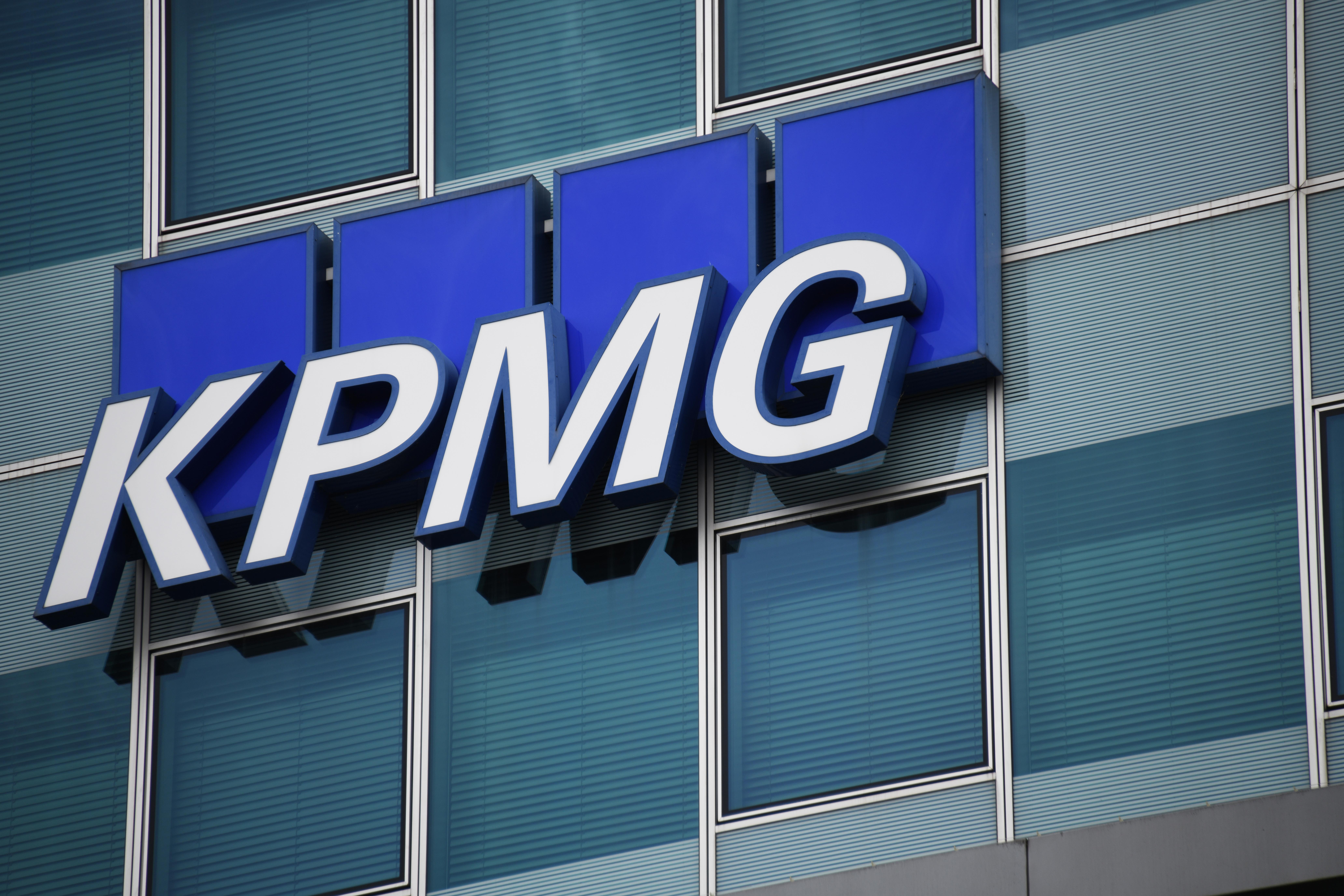In an unprecedented move, KPMG Netherlands’ former head of audit assurance, Marc Hogeboom has been permanently barred from working as an auditor after his actions ‘knowingly and recklessly contributed directly and substantially to the firm violations’.
Investigators found Hogeboom himself was ‘repeatedly engaged in improper answer sharing’ and was not only involved in cheating at tests himself but was also aware of the widescale problem for years. He has also been fined $150,000 (£120,000) and cannot work for a registered accounting firm.
The scale of the cheating over a five-year period was immense with hundreds of Dutch staff and partners, and senior leadership, involved.
The behaviour also extended offshore to sharing of answers with staff at an offshore arm of KPMG in India, KPMG Resource Centre Private Limited, which is half owned by KPMG UK and works closely with the Dutch firm.
While the Indian business does limited audit work for UK clients, its staff were involved in the Dutch cheating, an issue which was not known when KPMG UK itself was fined $2m for exam cheating in 2022. Worse still, the offshore India audit team shared test answers with UK audit staff.
The Public Company Accounting Oversight Board (PCAOB) found that widespread improper answer sharing occurred at KPMG from 2017 to 2022, and that the firm made multiple misleading statements to the PCAOB about its knowledge of the misconduct.
From 2017 to 2022, hundreds of professionals at KPMG Netherlands were involved in illegal answer sharing on online exams – either by providing access to test questions or answers, or by receiving such access without reporting it – in connection with tests for mandatory firm training courses.
The PCAOB report said ‘the improper answer sharing reached the highest levels of personnel at KPMG Netherlands and reflected the improper tone at the top of the firm. For example, Hogeboom repeatedly engaged in improper answer sharing with his subordinates.
‘In 2018, Hogeboom solicited subordinates in the firm to assist him with passing a test in connection with mandatory training for audit supervisors. Eventually, a subordinate on one of his audit engagement teams agreed to sit with him and assist while he took the online test.’
Yet again in 2020, Hogeboom asked several of his team to ‘share test answers with him’ and to accompany him while he took online training tests.
Hogeboom was not the only senior member involved in cheating. In 2021, the unnamed supervisory chairman, who was responsible for holding the management board accountable for quality control, persuaded a staff member to sit alongside him to help him take two mandatory training tests, and on another occasion even got someone to finish a test for him when he had to go to a meeting.
Alarm bells did not even ring when KPMG US was given a multimillion dollar fine for exam cheating in June 2019 and the exam cheating continued for another three years as if it was business as usual.
The cheating came to light in July 2022 when a KPMG whistleblower alerted senior management to the behaviour. However, when PCAOB started their investigation, they discovered that the firm’s leadership, including the CEO and former compliance head, were aware of the misconduct by Hogeboom at least six months before the whistleblower report.
When KPMG first learned about the investigation, it wrote to PCAOB and the Dutch regulator claiming innocence, stating that ‘there were no indications of improper answer sharing at KPMG NL [Netherlands], no investigation has been performed by KPMG NL’.
The improper answer sharing reached as far as partners and senior firm leaders, including Hogeboom (at the time the firm’s head of assurance and a member of the firm’s management board).
The courses related to a variety of topics, including US auditing standards, professional ethics, and independence.
The growth of this widespread answer sharing was exacerbated by the firm’s failure to take appropriate steps to monitor, investigate, and identify the potential misconduct.
For example, starting in June 2020, the firm was aware that answer sharing had occurred at a KPMG service delivery centre serving KPMG Netherlands and the UK arm of KPMG LLP, and in addition, the sharing had extended to the UK firm’s staff.
Nevertheless, KPMG Netherlands took virtually no steps to investigate potential answer sharing among its personnel until a whistleblower reported such misconduct in July 2022.
During the PCAOB’s investigation, the firm submitted – and failed to correct – multiple inaccurate representations to the PCAOB.
In the submissions, KPMG claimed that it had no knowledge of answer sharing by its staff until it received the July 2022 whistleblower report. These submissions, reviewed by the firm’s management board and supervisory board, were false because members of those two boards had themselves already engaged in answer sharing misconduct before July 2022.
The misconduct revealed an inappropriate tone at the top of KPMG Netherlands and a failure by the leadership to effectively promote an ethical culture among staff with respect to improper answer sharing and monitoring of the internal system of quality control.
‘The PCAOB will not tolerate cheating nor any other unethical behaviour, period,” said PCAOB chair Erica Y Williams.
‘Impaired ethics threaten the investor confidence our system relies on, and the PCAOB will take action to hold firms accountable when they fail to enforce a culture of honesty and integrity.’
KPMG has also agreed to review and improve its quality control policies and procedures to provide reasonable assurance that its personnel act with integrity in connection with internal training, and to report its compliance to the PCAOB.
Robert E Rice, director of the PCAOB’s division of enforcement and investigations, said: ‘Today’s orders should send a signal to firms and their leadership that they have a responsibility to set an appropriate tone at the top, particularly with regard to issues of integrity and personnel management.’
Since 2021, the PCAOB has sanctioned nine registered firms for quality control deficiencies related to the inappropriate sharing of answers on internal training exams.
The PCAOB and the Dutch Authority for the Financial Markets (AFM) conducted parallel investigations, and the AFM has also imposed enhanced supervision measures under Dutch law aimed at preventing recurrences.
PCAOB enforcement staff members David Florenzo, Thomas McCann, Elliott C Mogul, and David Eccard conducted the investigation, supervised by William Ryan and John Abell.
PCAOB decision, Marc Hogeboom
PCAOB decision, KPMG Netherlands



